Townsville households have improved their recycling habits following bin health checks that offered feedback on contaminated bins.
Council conducted the bin health checks on 1,000 households who received several visits throughout the program, with an overall improvement recorded across the board.
Townsville Water and Waste Committee chairperson Russ Cook said the bin health checks demonstrated how important education is when trying to change the community’s recycling habits.
“The results of the bin health check have been very encouraging because it shows that we can change recycling habits through education,” Cr Cook said.
“For instance, by the end of this program there had been an 86% reduction in highly contaminated recycling bins being presented in Black River once they had received a tag with feedback.
“The trial also showed us which suburbs don’t respond as well to feedback provided on the tags and this means we can adjust how we communicate with those areas.”
Cr Cook said it was great that participating households had responded well to the program as Council begins the shift to zero waste to landfill.
“Council does have an ambitious goal of zero waste in landfill by 2030 and education will play a key role in reaching that target,” he said.
“It’s important that we engage with the community and get them involved and excited to take part in our journey of reducing waste to landfill, as it does require the whole city to get on board.
“The bin health checks are just one piece in this puzzle, and other programs such as the Food Organics and Garden Organics trial will also be crucial in meeting our goals.”
Key statistics:
- The number of recycling bins presented with either medium or high levels of contamination dropped from 20% in Round 1 to 13% in Round 3.
- Around 1 in 5 recycling bins presented at the kerb had either medium or high levels of contamination prior to receiving program educational materials.
- Upon completion of the project, approximately 1 in 8 recycling bins were contaminated, with 1 in 14 presenting medium level of contamination and 1 in 16 presenting high levels of contamination.
- Townsville households improved their recycling habits and reduced their contamination levels over three visits with a:
- 9% increase in distribution of green tags
- 35% reduction in the distribution of yellow tags
- 43% reduction in the distribution of red tags
- The most common contaminants/non-recyclable items in the yellow bin are as follows:
- Soft plastics/bagged recyclables (items need to be loose)
- Oversized scrap metal or textiles
- Food & garden scrap
For more information on what materials should be placed in the recycling bin, visit Council’s website here.
